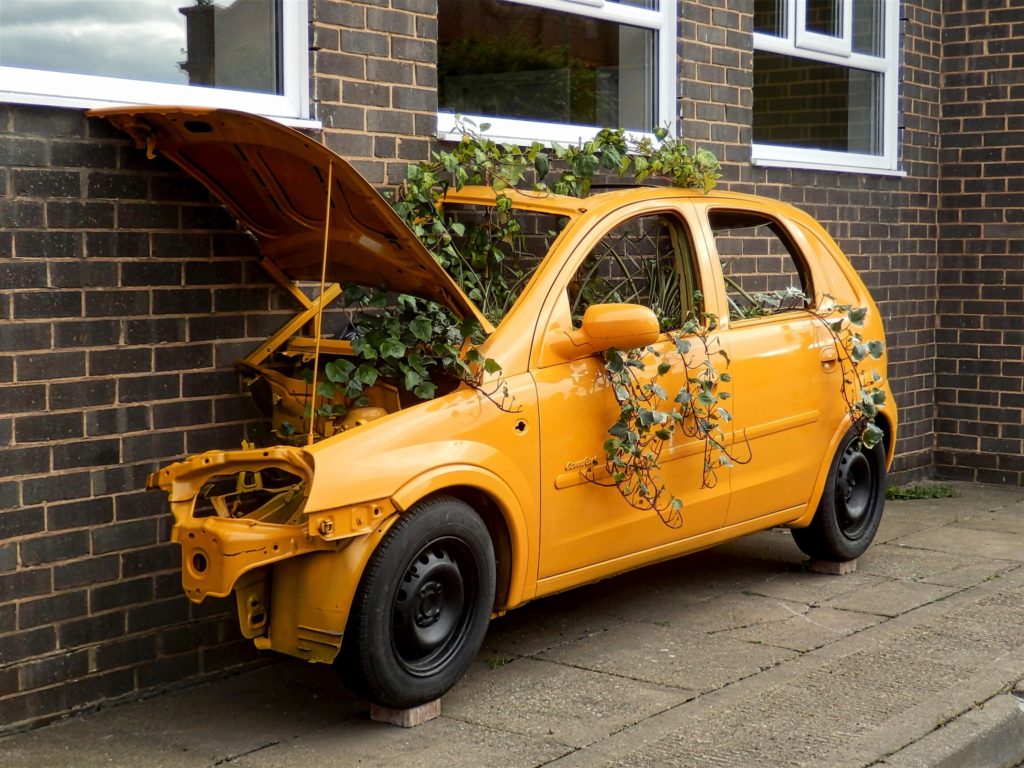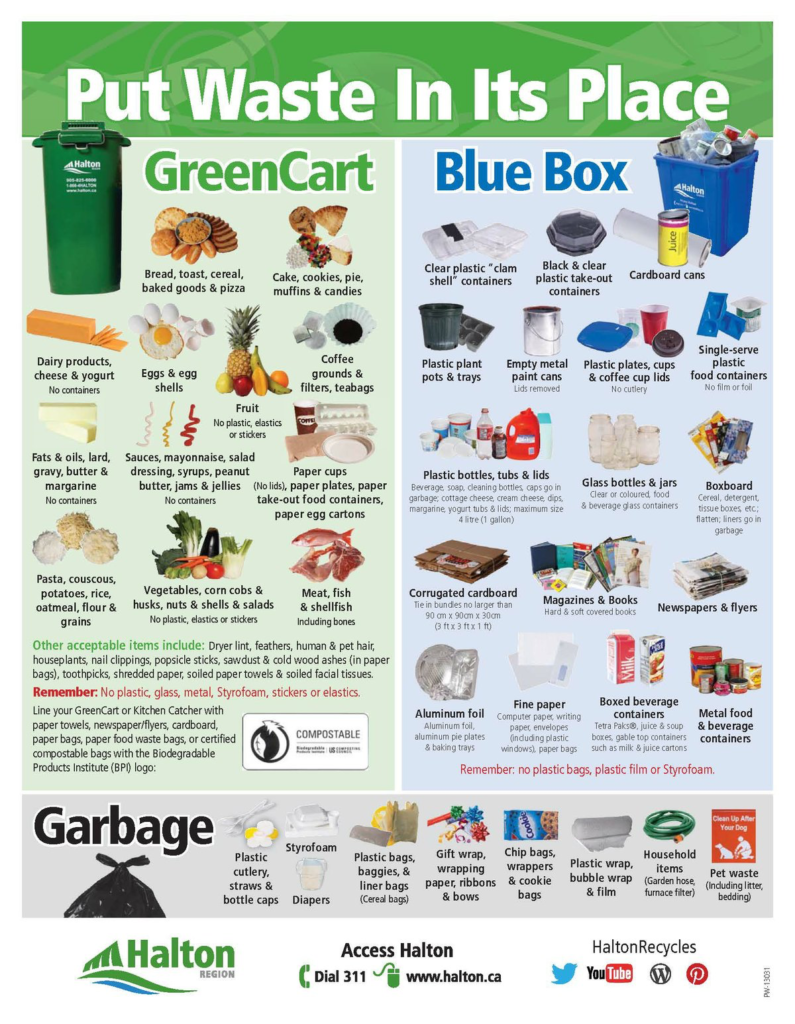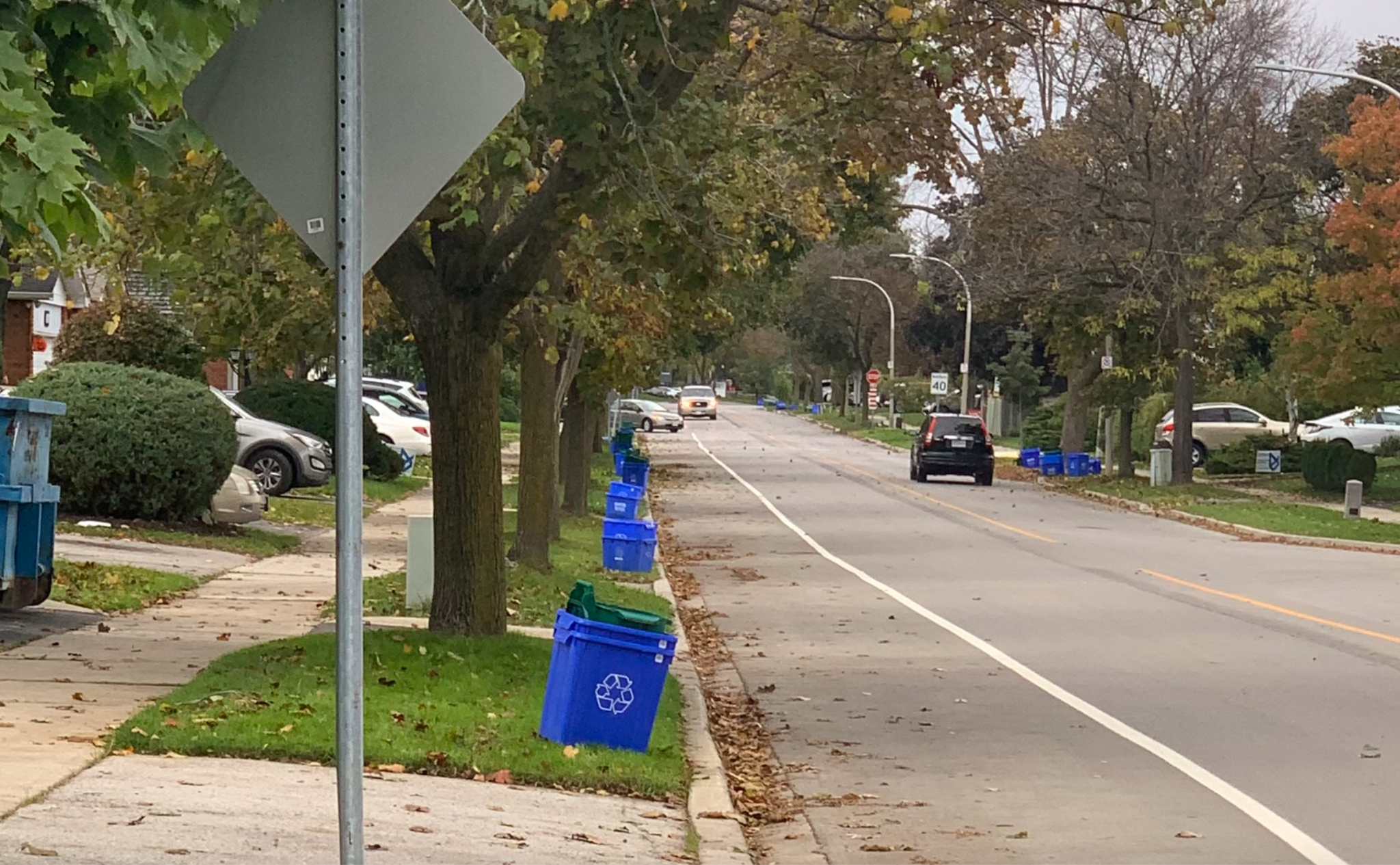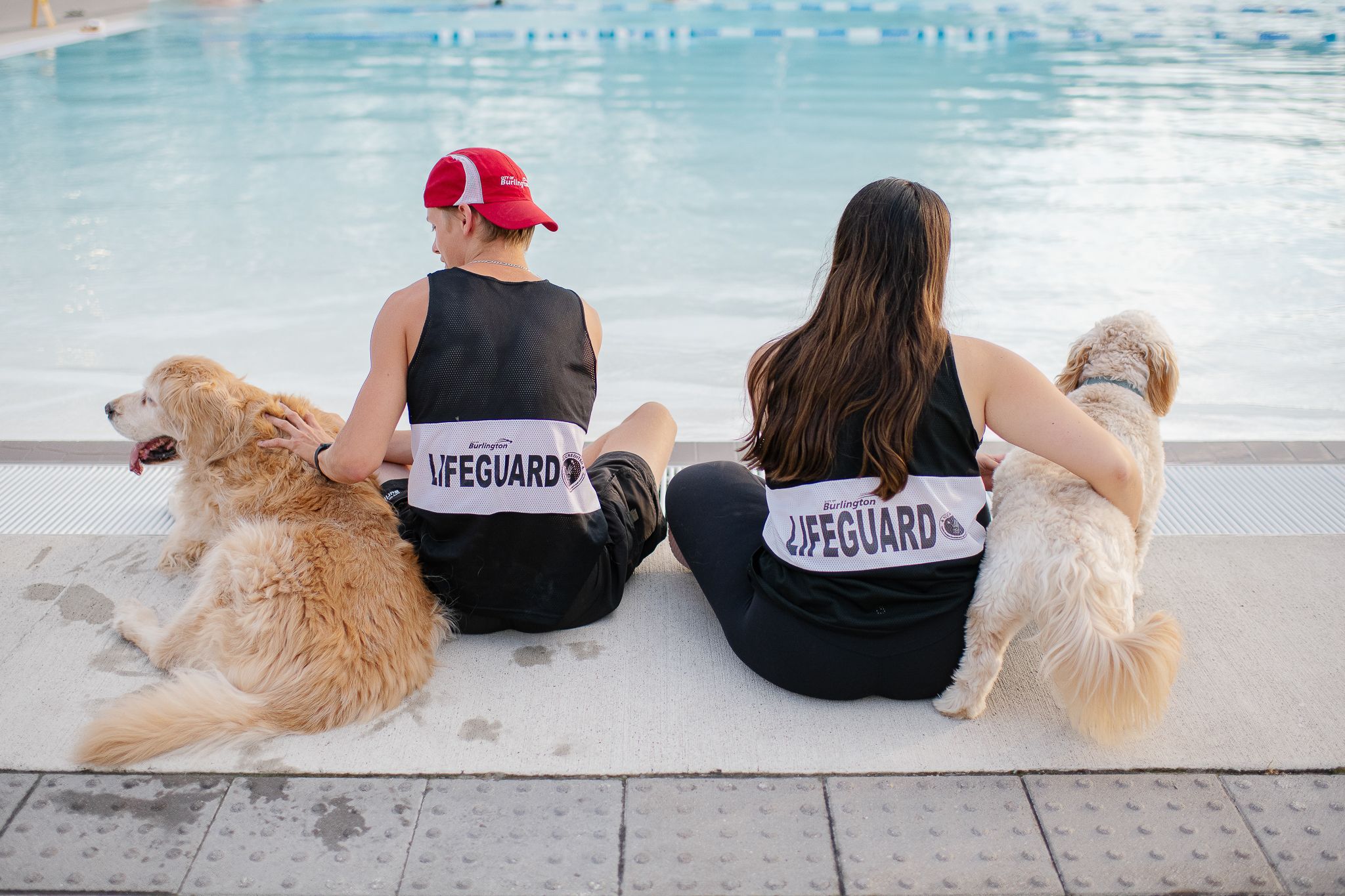The prospect of environmental security given the current context of climate change has gained much traction in the past few years. Eco-activists such as Greta Thunberg have been vocal about a future overpowered by increasing temperatures, rising sea levels, and a higher frequency of natural disasters, such as flooding and droughts.
While environmental advocacy and activism may seem daunting to some, there are many changes that everyone can implement into their daily lives that can help achieve noticeable differences in the fight against climate change. A method for fighting climate change that is growing in popularity is the zero-waste lifestyle. This method consists of much more than simply turning off lights or running water when brushing your teeth.
The zero-waste lifestyle consists of five main principles:
- Refuse. Try to diverge from (i.e. refuse to buy) classic single-use materials such as plastic water bottles, straws, and bags. Instead, focus on purchasing items that can be reused. For example, try using a reusable metal water bottle instead of using a disposable plastic one. Purchase reusable shopping bags instead of using plastic ones when grocery shopping. Try to use reusable metal straws instead of environmentally-harmful plastic ones.
- Reduce. Eliminate household items that you no longer use or need by donating them to your local second-hand or consignment stores. Not only will this reduce clutter around your home, but it also reduces waste in landfills, which is good for the planet. On top of this, donating unused items allows others to get use out of something you may no longer need, helping to support your community as well. When purchasing items, truly think: will I use this? Do I need this? Can I donate it in the future?
- Reuse. Aim to reuse items such as plastic shopping bags by saving them for use at a later date. Instead of replacing worn items, try upcycling or repairing them. This can allow old items to gain a new purpose, as well as a new look. Try repainting or resealing a worn coffee table instead of throwing it away, add patches or designs to an old pair of jeans instead of pitching them — the options are limitless!

- Compost. Instead of pitching food waste into the garbage, try incorporating a green bin system into your household. Halton Region has already incorporated a green waste system in most areas. For more information regarding what is accepted in the system, visit Halton Region’s Recycling and Waste Sorting Guide. On top of incorporating a green waste system into your home, you can try composting food waste. Compost bins are readily available for purchase in home improvement stores. Composting gives food waste new life after it breaks down into nutrient-rich fertilizer, which, when incorporated into gardens, improves the growth of plants.
- Recycle. Recycling is a great way to keep reusable materials out of landfills. Instead of throwing away items such as pop cans and bottles into the garbage, incorporate a blue bin system into your home to ensure that all waste finds its proper place in the waste management system. For maximal effect, ensure that you are recycling the correct materials. Use Halton’s “Put Waste in its Place” tool to find exactly which materials and items are recyclable in your region.

As the world becomes more and more aware of the horrific effects of climate change, we must not lose hope in achieving a healthier and happier planet. While reducing the effects of climate change and global warming may seem like an impossible task, lifestyle changes such as “zero waste” aim to make environmental activism open and accessible to everyone.
We can all incorporate small changes into our daily lifestyles to make a difference, one recycled can at a time.
Sources:
Burlington Green, 2021. Zero Waste. Url: https://www.burlingtongreen.org/live-green/zero-waste/ (accessed Oct. 18, 2021).




